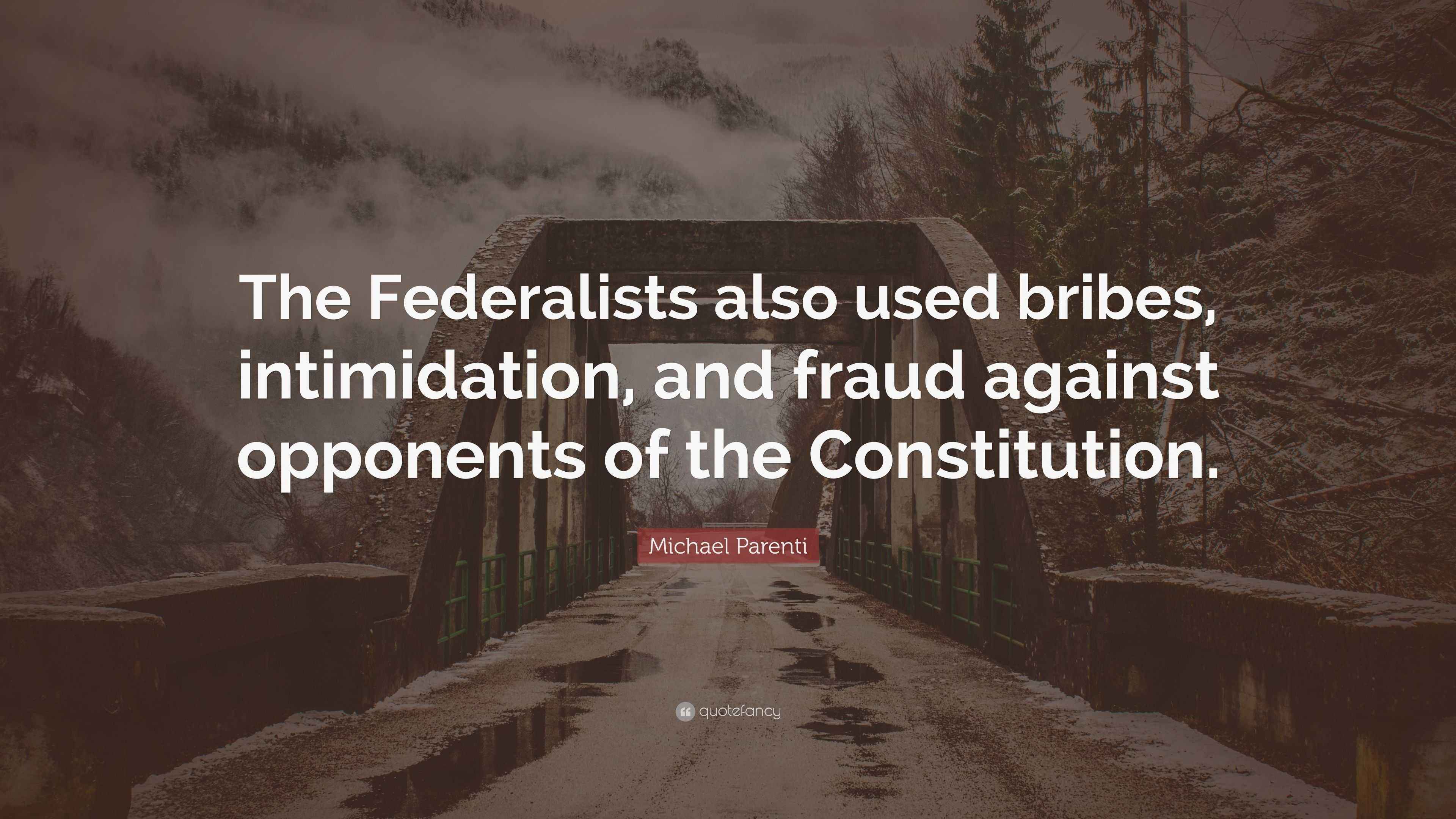

Parenti levels some serious charges against the media, including several astounding examples of the "Big Lie" (Soviet terrorism, the downing of KAL 007, the Bulgarian "Pope Killers"). A conservative, anti-communist, and anti-labor bias emerges from pages and pages of specific incidents. Now he expands upon this theme and dissects the patterns and actions of network and newspaper ownership. January 28Ĭopyright 1985 Reed Business Information, Inc.\nFrom Library Journal\nIn this latest study of "who controls the media," political scientist Parenti continues the basic argument set forth in his earlier popular works Democracy for the Few ( LJ 11/15/77) and Power and the Powerless ( LJ 10/15/78)in which he portrayed the existing power structure as under the control of a corporate or political elite. Parenti claims that disputations of official positions on Chile and Nicaragua, for example, are not aired, that media creations like Joseph McCarthy are lionized until they begin to cast doubt on ruling circles. Hence, not given news coverage, he argues, are the successes achieved by socialistic or left-leaning regimes, problems of American workers in their workplaces or the just claims of dissenters from "acceptable" viewpoints of the ruling elite and the government. media are not independent, objective and truthful, but rather "create a view of reality supportive of existing social and economic class power." He demonstrates how the media shape the public's perception of reality not by telling us what to think but by determining what we will think about.


From Publishers Weekly\nParenti (Power and the Powerless Democracy for the Few) forcefully presents his contention that the U.S.


 0 kommentar(er)
0 kommentar(er)
